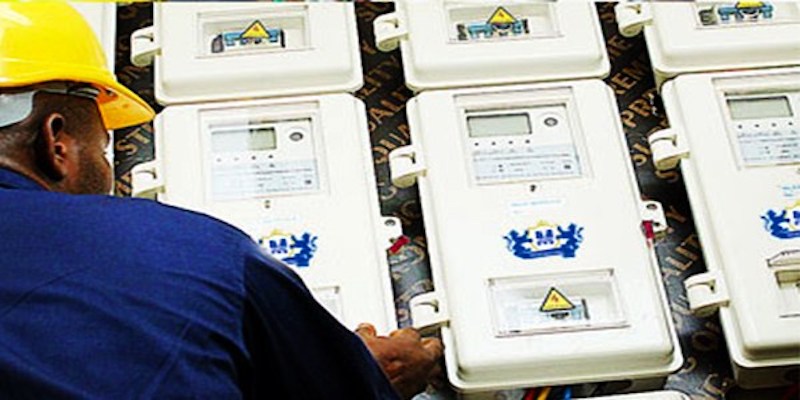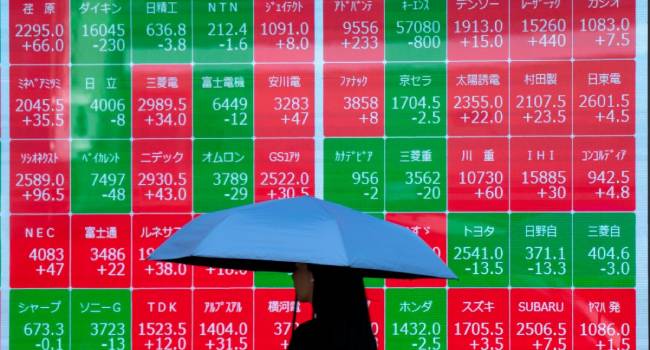Italian Prime Minister Giorgia Meloni has endorsed a newly negotiated EU-U.S. trade agreement imposing a 15% baseline tariff on most exports, including automobiles, while maintaining 50% duties on steel and aluminum. The deal, finalized during talks between U.S. President Donald Trump and European Commission President Ursula von der Leyen, has drawn sharp domestic criticism despite Meloni’s approval. Both leaders hailed the agreement as a “powerful” step toward stabilizing transatlantic trade relations.
Meloni, a key Trump ally in Europe, acknowledged the compromise’s shortcomings but emphasized its role in avoiding escalation. “I think it’s positive that there’s an agreement,” she stated, noting the 15% rate would not compound existing tariffs and provides predictability for businesses. Italy, which holds a €40 billion ($46 billion) trade surplus with the U.S., faces significant exposure to tariff impacts, particularly in automotive and manufacturing sectors.
Opposition leaders lambasted the terms as a strategic failure. Giuseppe Conte, head of the Five Star Movement, declared Trump the “winner” while labeling the EU and Meloni as “losers,” predicting potential losses of €23 billion in Italian exports and 100,000 jobs. Stefano Bonaccini, a Democratic Party MEP, conceded the deal improved on earlier U.S. proposals but criticized it as suboptimal: “15% tariffs are better than 30% but worse than zero.” Former Labor Minister Andrea Orlando accused Meloni of overestimating her rapport with Trump, calling the agreement a “rip-off” and questioning von der Leyen’s competence.
Meloni countered that the pact averted a “head-on clash” with Washington, arguing the tariffs are “sustainable” for industries already adjusting to earlier trade measures. However, economists underscore broader risks: Germany, Europe’s largest economy, is projected to bear the brunt of production declines and employment losses, according to the Kiel Institute. The Federation of German Industries described the deal as an “inadequate compromise,” its sole merit being the prevention of additional duties.
The agreement reflects ongoing tensions between economic pragmatism and political alliances, with EU exporters now navigating a reshaped trade landscape amid lingering concerns over competitiveness and growth.



